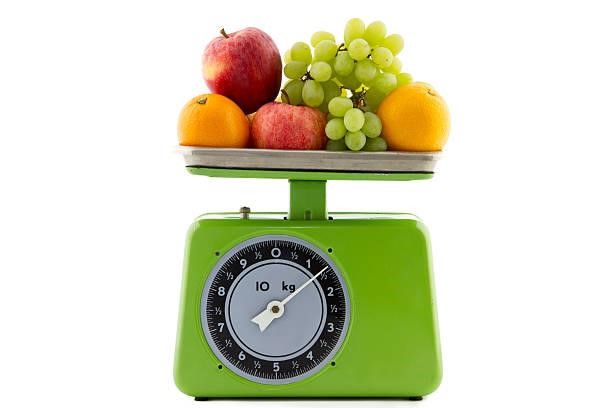
It’s not news that in the past few years, there has been a global rise in food costs and the cost of living in general. This rise has necessitated that we strategically adapt to this increase in costs. Coping with rising food costs can be challenging. Here are some financial tips to help:
1.Budgeting: Create a detailed budget to track your expenses and identify areas where you can cut back to allocate more funds for food.
2. Meal Planning: Plan your meals in advance to avoid last-minute purchases. Make a shopping list and stick to it. This will help minimize impulse buying.
3. Cook at Home: Cooking meals at home is generally more cost-effective than dining out. Explore affordable recipes and consider batch cooking to save time and money.
4. Buy in Bulk: Purchase non-perishable items in bulk when they’re on sale. This can greatly help you save money in the long run.
5. Shop Smart: Before making purchases, compare prices across different stores and consider using coupons to get discounts.
6. Embrace Generic Brands: Generic or store-brand products are often cheaper and can be of similar quality to name brands.
7. Avoid Prepared Foods: Pre-packaged and convenience foods are often more expensive. Opt for whole ingredients and prepare your meals from scratch.
8. Focus on Staples: Prioritize purchasing staple items like rice, pasta, beans, and frozen vegetables, which provide good nutritional value at a lower cost.
9. Grow Your Own: If you have a spacious backyard with good soil, this might be an opportunity to explore growing some of your own food. If you can, start a small herb or vegetable garden to supplement your food supply.
10. Limit Food Waste: Plan portion sizes to avoid leftovers going to waste. Ensure you properly store and use leftovers to extend their life. Explore how to be creative with leftovers; you can reinvent them or incorporate them into the preparation of other meals.
11. Reduce Meat Consumption: Meat can be expensive. Include more plant-based protein sources in your diet to save money.
Remember, small changes in your spending habits can add up over time. Adapt these tips to your situation and find what works best for you.



